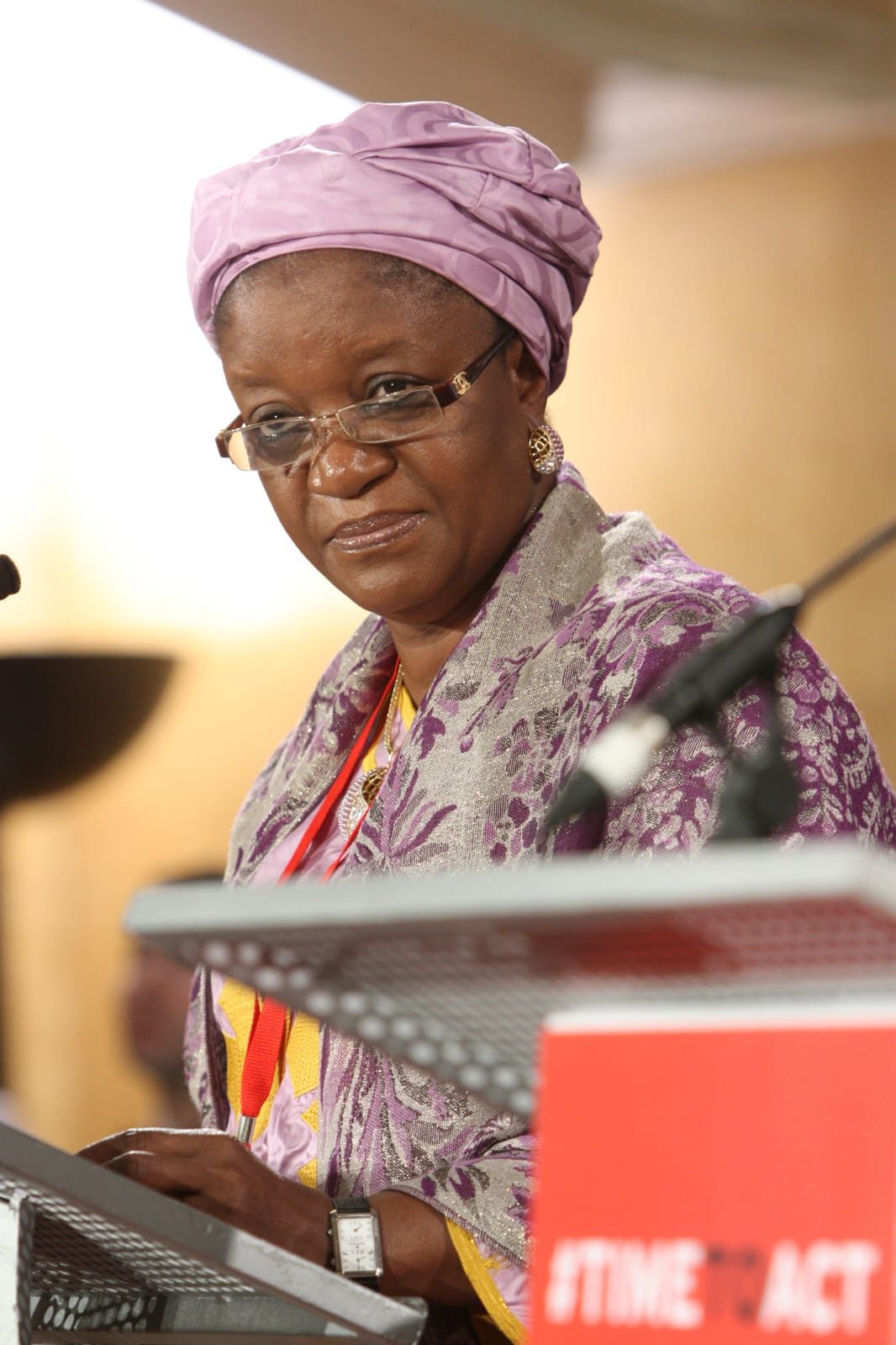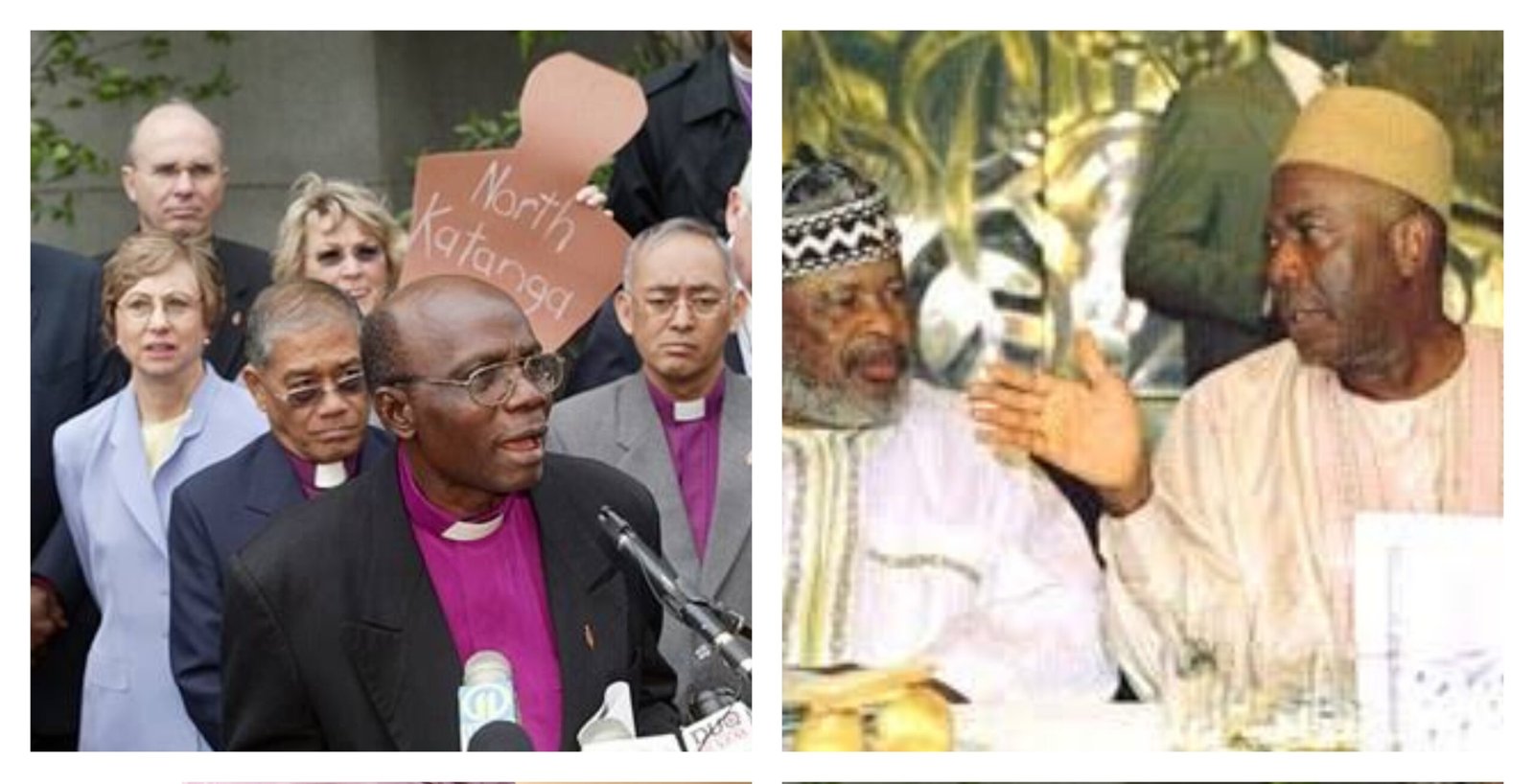By Alpha Amadu Jalloh
Sierra Leone is a nation whose scars remain raw, where the echoes of gunfire, shattered homes, and stolen childhoods still haunt our streets and hearts. On August 18th, history recorded the unspeakable. Yet, decades later, the memories of terror, betrayal, and loss are often ignored, as if silence can erase suffering. Those who lived through the chaos, men, women, and children, carry these wounds in every heartbeat. We cannot, we must not, forget.
The Lomé Peace Accord and the Truth and Reconciliation Commission promised healing. But promises alone cannot restore lives stolen, limbs severed, or futures destroyed. They cannot revive the children who never laughed again, or the mothers whose sons and daughters never returned home. They cannot erase the shadows of despair that cling to the streets of Freetown, Kono, Kailahun, and countless other communities where horror once reigned.
The story of Vaffie Konneh is emblematic of our collective pain. He is more than a name. He is a mirror reflecting the trauma that Sierra Leoneans endured and continues to endure. He represents the countless civilians trapped between brutal forces, abandoned by the world, and often betrayed by their own. His experience forces us to confront the uncomfortable truth that our nation’s healing is incomplete, and our history is at risk of being silenced.
> “Peace is not merely the absence of war, but the presence of justice, fairness, and inclusivity. Sierra Leone must learn from the past to secure its future.” – President Ahmed Tejan Kabba
This is the essence of what we have failed to achieve. Sierra Leone bled once, yet the lessons of that blood are too often ignored. Every memorial, every TRC report, every government declaration is meaningless unless action follows. We must confront the uncomfortable truths: some of those who profited during the war now occupy positions of influence. They speak of unity, yet they reap rewards while many survivors remain in poverty, abandoned, and invisible.
Sierra Leoneans cannot forget Abdulai Bayraytay, Zainab Bangura, Saffie Sesay, Juliana Anderson. We must remember Charles Lahai, Stober Taylor, Sir Ensah, Paul Bai, Dr. Mustapha Kabba, Gilbert Bosco Nabay, Sir Korteh Quee, and countless others who risked everything. We must remember the amputees, the widows, and the nameless children who never grew up. Memory is our only defense.

> “The testimonies we recorded are more than words; they are the conscience of a nation. To ignore them is to invite history to repeat its worst mistakes.” – Bishop Joseph Christian Humper
And yet, too often, silence prevails. The RUF and other armed factions were merciless. But the betrayal from within—through corruption, political favoritism, and institutional neglect, continues to compound the suffering. The same wounds inflicted by machetes and bullets fester in the form of impunity and neglect.
> “Silence in the face of wrongdoing is complicity. Sierra Leoneans must always speak truth to power.” – Mrs. Zainab Bangura
Every Sierra Leonean bears a responsibility: to speak, to act, and to remember. Our collective memory is our moral compass. Forgetting is not an option. On August 18th, the horror reminds us of the fragility of peace. Vaffie Kallon’s story is a prism through which the nation sees the inadequacies of our healing. It challenges leaders, institutions, and ourselves to rise above excuses and address the unfinished business of justice.
Leadership that fails to act becomes complicit in perpetuating injustice. Empty speeches, ceremonies without substance, and political posturing cannot heal the amputated limbs, the orphaned children, or the widows left destitute. True leadership requires courage to confront the past fully and to ensure that such horror never recurs.
> “True reconciliation is not achieved by signing papers alone; it requires acknowledging past wrongs and committing to a future of inclusion and fairness.” – President Ahmed Tejan Kabba
The youth of today must understand that these stories are not relics. They are warnings. They demand vigilance. They call upon young Sierra Leoneans to demand accountability from those in power, to challenge corruption, and to fight for education, health, and opportunity. To ignore these lessons is to invite a new cycle of suffering.
Vaffie Konneh, along with thousands like him, represents resilience in the face of unimaginable suffering. Yet resilience alone cannot erase injustice. Leadership, governance, and citizen engagement must work together to ensure history does not repeat itself.
> “No political agenda should supersede the truth. Survivors’ voices are the pillars upon which we must rebuild Sierra Leone.” – Mrs. Zainab Bangura
The moral reckoning is incomplete. The survivors, the widows, the amputees, the children, and those who have dedicated their lives to truth and reconciliation deserve more than symbolic gestures. They deserve systemic change, accountability, and recognition that their suffering must inform the present and future of our governance, society, and national identity.
> “A nation that forgets its past is condemned to repeat it. Sierra Leone must honor its victims by embedding their lessons into governance and society.” – Bishop Joseph Christian Humper
In the shadows of history, in the faces of survivors, and in the testimonies collected by the TRC, lies the roadmap to redemption. It is up to every citizen, every leader, and every institution to follow it faithfully. Forgetting is a luxury Sierra Leone cannot afford.
> “Our duty to survivors is eternal; memory and justice are the cornerstones of a lasting peace.” – President Ahmed Tejan Kabba
Sierra Leone bled once. Let us not bleed again.








